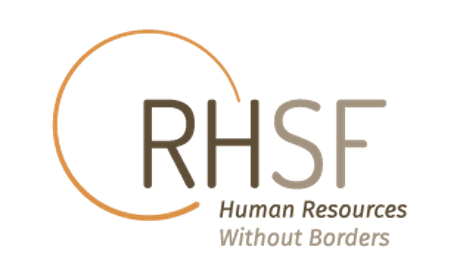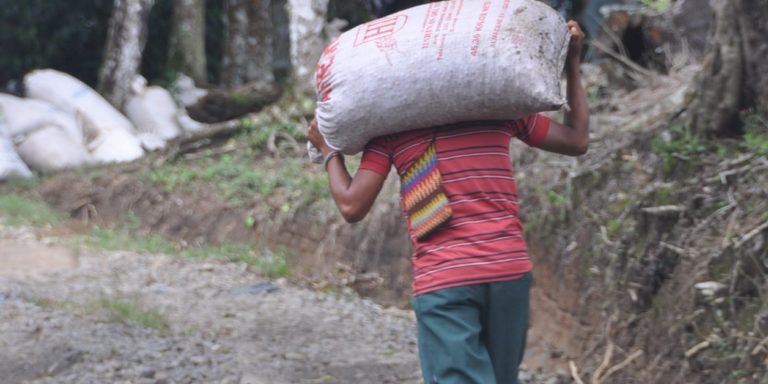Great forgotten people of the Covid-19 crisis: migrant workers
Published on May 13, 2020
Migrant workers in developing countries, but also in our developed countries, are the forgotten ones of the Covid-19 pandemic. They are being hit hard and without any social protection because of our own economic difficulties and changes in consumption due to the pandemic.
On the other side of the world
Factory closures, total or partial, production on the contrary increased tenfold for certain sectors (gloves, masks), an increase in informal work, containment measures, hit migrant workers particularly hard…
Their plight is most often ignored, even though most of them work for our consumer societies.
Migrant workers are present in many sectors that have come to a standstill: construction, tourism and hotels, automobile, textiles, etc. Sectors which are suffering violently from the slowdown of the Western economies, the halt in air transport… And which are not yet benefiting fully from the recovery.
Our experience in the field shows that in most cases they have had to pay very large sums, sometimes up to two years’ salary, to recruitment agencies for the right to work, in defiance of international and local law. Arrears that they cannot pay back if they lose their jobs, forcing them into situations of debt bondage.
Companies that resume operations to manufacture masks or medical equipment, as in China, also have no long-term visibility and instead hire temporary workers. But this type of workforce often faces exploitation risks in terms of remuneration, working hours, etc. These workers sometimes have to work more than 90 hours a week, without a day off, in disregard of health and legal conditions.
The UN Special Rapporteur on Contemporary Forms of Slavery recently warned that the increasing precariousness of the workforce would increase the risks associated with modern slavery.
For RHSF, the current situation is indeed the ideal breeding ground for the creation of situations of forced labour or debt bondage, modern forms of slavery: economic problems (loss of wages, no possibility to work overtime…), health problems (no barriers to work, confinement in crowded places, overcrowded dormitories…), morale problems (isolation, total destitution, impossibility to return to their country…), security problems (prosecution by the authorities, rejection by the population…).
In Europe itself
L’Europe est le continent où le risque d’esclavage moderne avait le plus augmenté en 2017, et l’agriculture était en première ligne. Ce risque est largement amplifié aujourd’hui avec la nécessité de faire venir des migrants pour pallier le manque de main-d’œuvre dans certains secteurs économiques.
Le Royaume Uni a ainsi organisé des charters de travailleurs roumains pour son agriculture. L’Allemagne a fait de même. Le gouvernement français vient d’annoncer qu’il ouvrait également ses portes aux Européens venant de l’espace Schengen, ainsi que de Roumanie et Bulgarie, pour participer aux récoltes.
Or l’expérience de RHSF, comme de nombreuses études, montrent que le recrutement d’étrangers peut s’accompagner de conditions de travail et de vie abusives, qui peuvent aller jusqu’au travail forcé, notamment en présence d’intermédiaires étrangers.
Child labour
The issue of child labour is also a concern in these times of pandemic. UNESCO estimated in early May (data as of 07/05/2020) that 72.4% of children were not attending school due to the Covid-19-related closures. That is 1,268 million children who, particularly in the countryside, could be given tasks inappropriate to their age because of the lack of labour.
In France, in 2019, RHSF was already observing dangerous work situations of children under the age of 16 on farms without the authorisation of the labour inspector. A risk that is clearly aggravated by the current pandemic.



